|
Growing up in a family environment in which Yiddish was yet another vernacular spoken language along with English, I was exposed from a very early age to Yiddish songs and even nursery rhymes, which were generally sung to and by my younger siblings and me. Indeed, some of my earliest memories include dancing and singing along to records of Klezmer music that played on our record player. The songs amplified on that old and overworked record player included Yiddish language singers that were especially popular (and several of whom are still musically active today) in the early-to-mid-1980s – musicians and vocalists such as Henry Sapoznik of the then Klezmer ensemble, “Kapelye”; Chava Alberstein; Dudu Fisher; Mike Burstyn; Hankus Netsky of the Klezmer Conservatory Band; the late Barry Sisters; and the recently deceased, Theodore Bikel (1924-2015). It has been some time since I have heard those songs played with any regularity – and certainly not on a record player or tape recorder, for that matter – in our age of CDs, YouTube, and the like. However, in recently surfing the selections of Klezmer music available today on YouTube, I am reminded of specific songs that were once so familiar to me – and likely very familiar to many of my readers, as well: (and here, I am using the most commonly used orthography for these songs) “Rumania, Rumania,” “Mayn Shtetele Belz” (“My Small Town of Belz”), “Der Rebbe Elimelech” (“The Rabbi Elimelech”), “Papir iz Dokh Vays” (“Paper is Still White”), “Oyfn Veg Shteyt a Boym” (“On the Road Stands a Tree”), “Tumbalalaika” (“Play Balalaika”) and a host of others that are simply too many to include here. If you were to ask me which of these numerous songs I considered my favorite, I would be hard-pressed to answer you. It really depended on the given day and my particular mood at the time. And all these years later, I still feel exactly the same way.
20 Comments
|
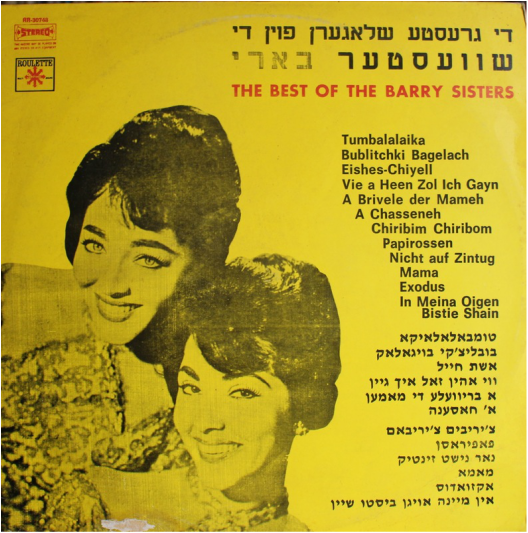
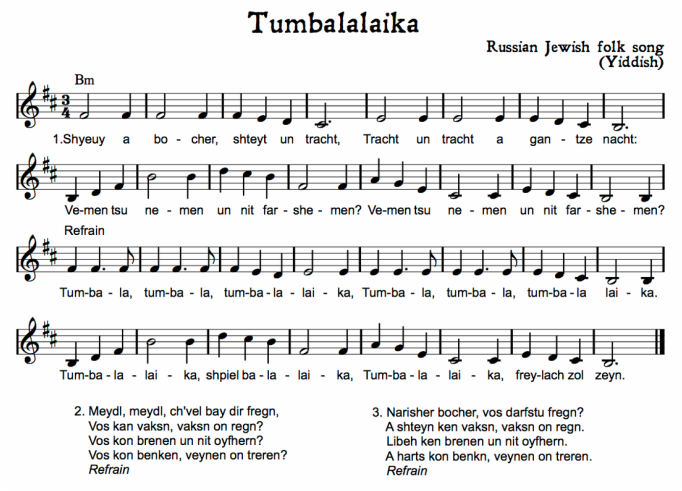
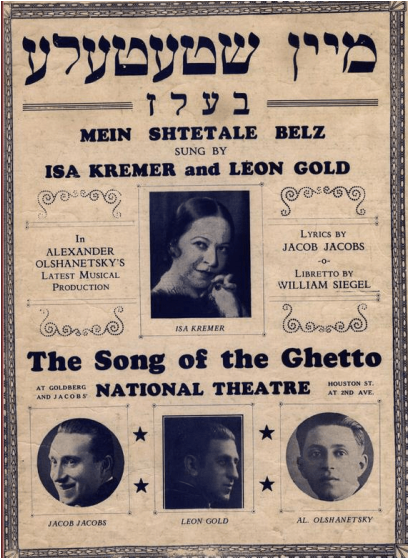
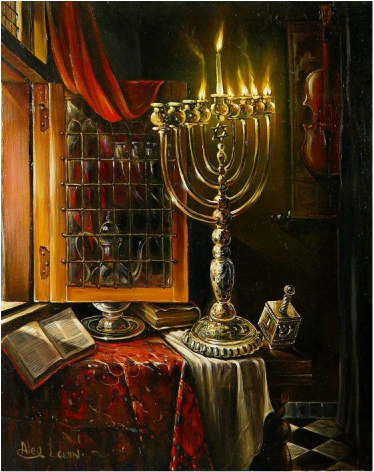
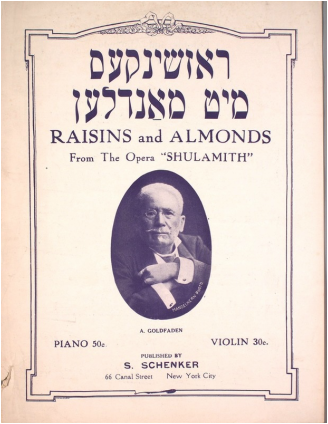
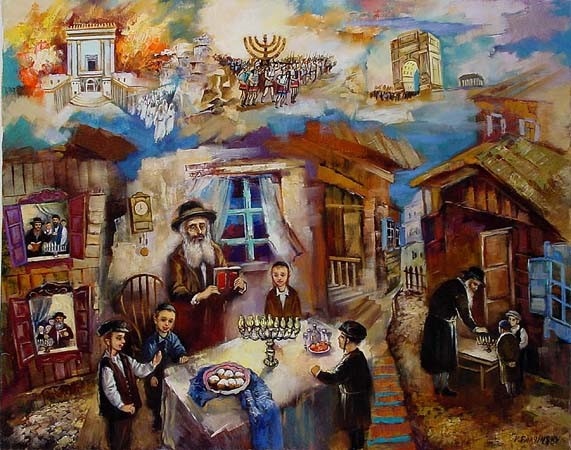
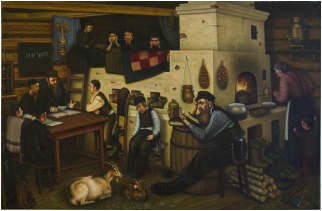
 RSS Feed
RSS Feed